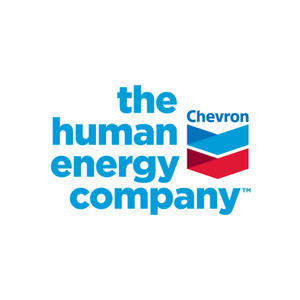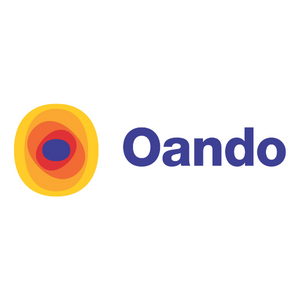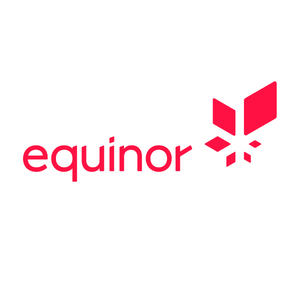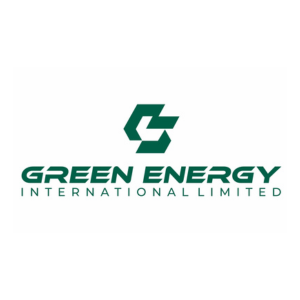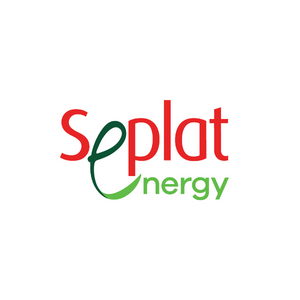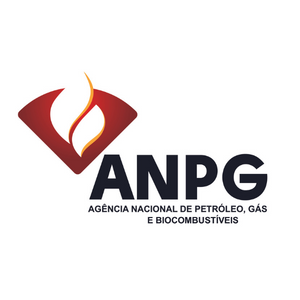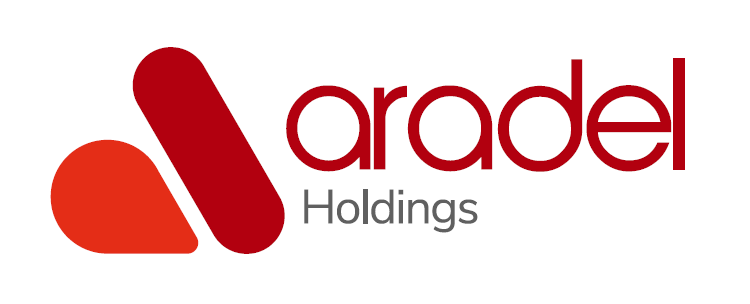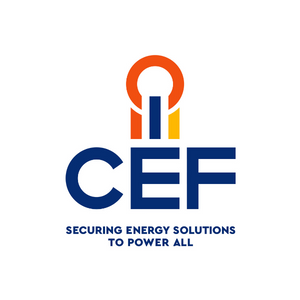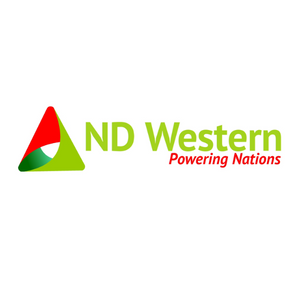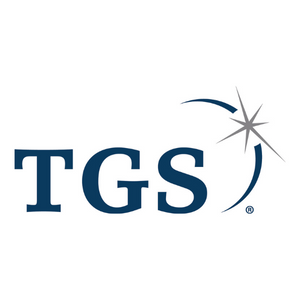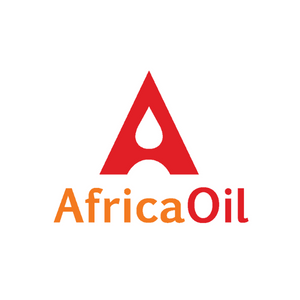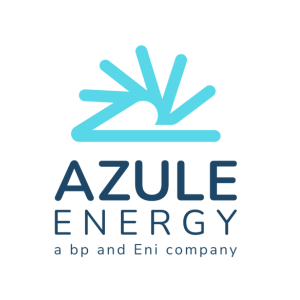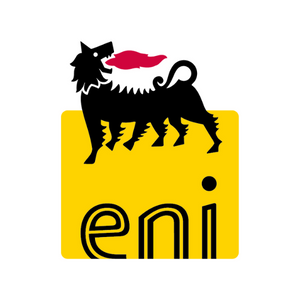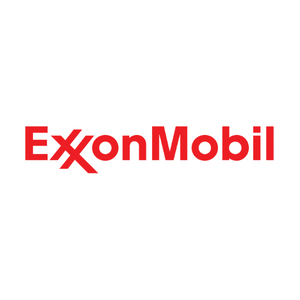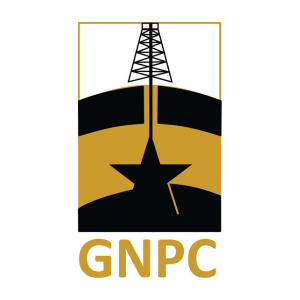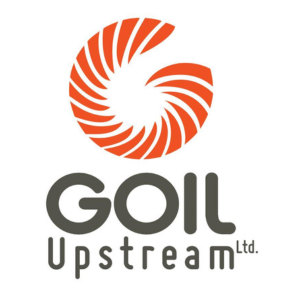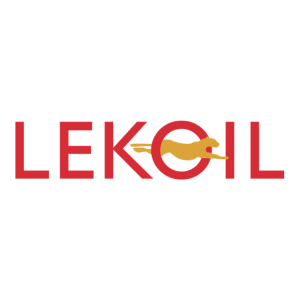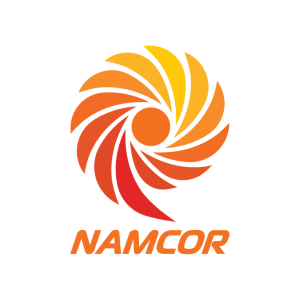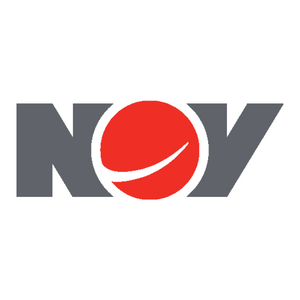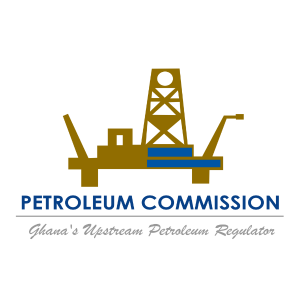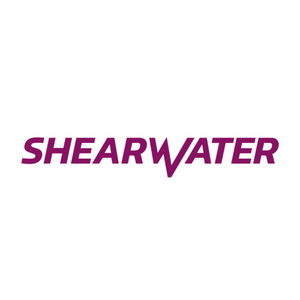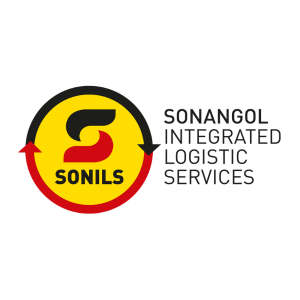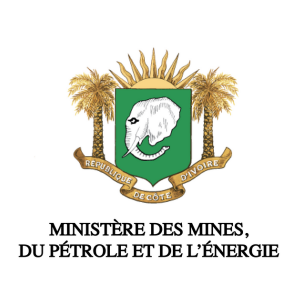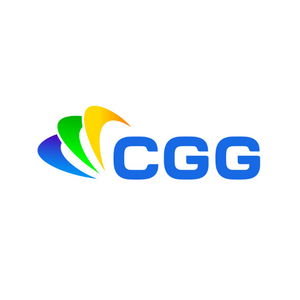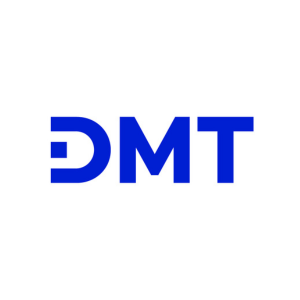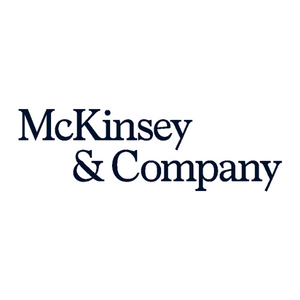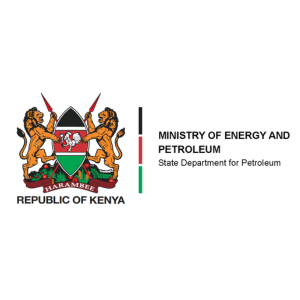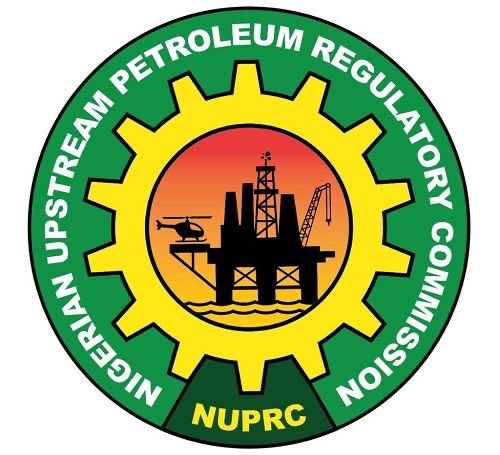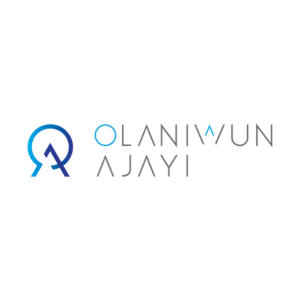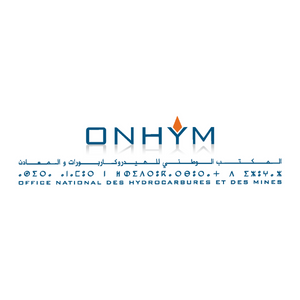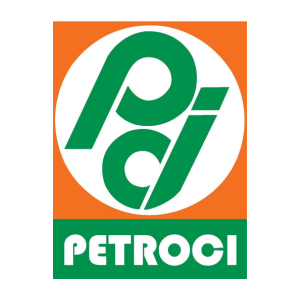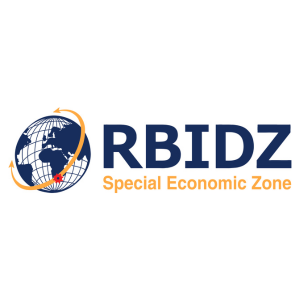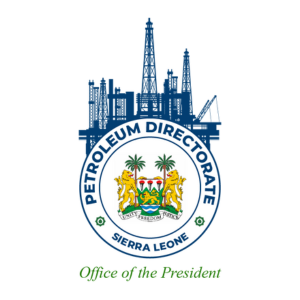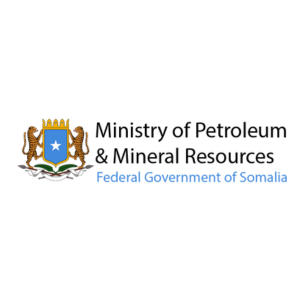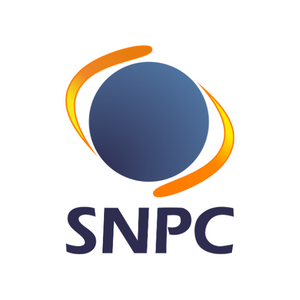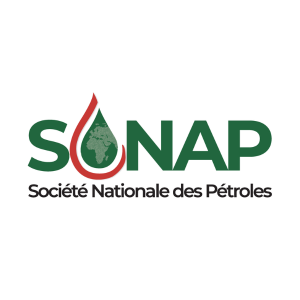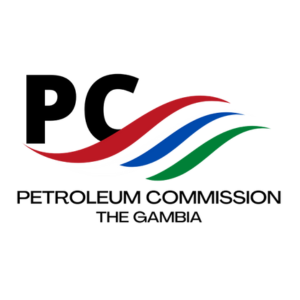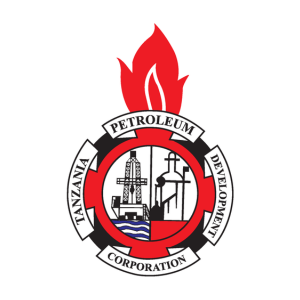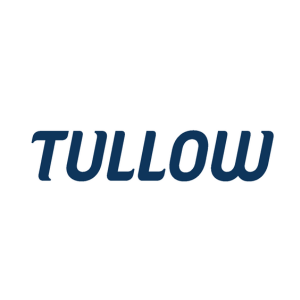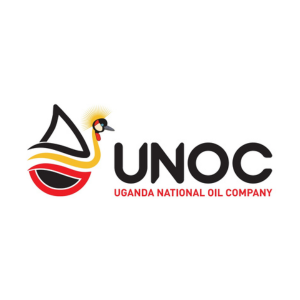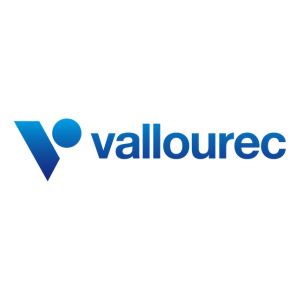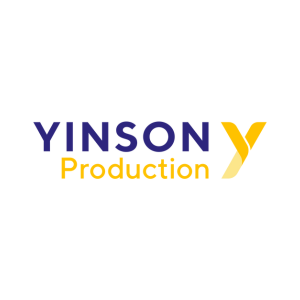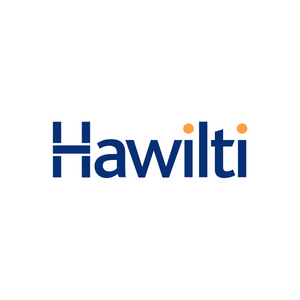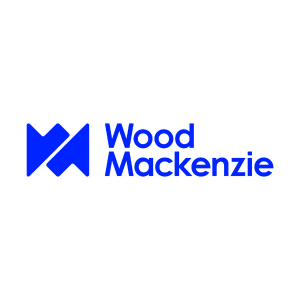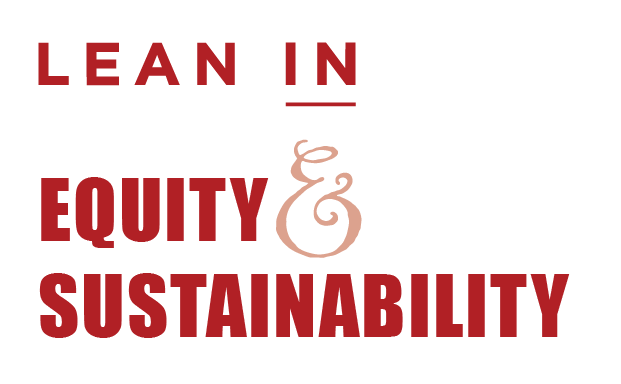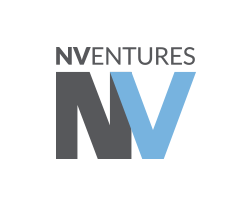Exclusive - We spoke to Paul Jones, Senior Counsel, at Bracewell LLP (Dubai Branch) about the past, present and future mergers and acquisitions market in Africa.
Exclusive - We spoke to Paul Jones, Senior Counsel, at Bracewell LLP (Dubai Branch) about the past, present and future mergers and acquisitions market in Africa.
“Oil price stability in 2017 stimulated improved interest and activity compared to 2015/2016, but the market has not been restored to pre-crash levels, reflecting structural changes in the oil and gas M&A market as IOCs seek to optimise their portfolios.”
“As IOCs seek to consolidate and optimise their portfolios, we have seen less interest in higher risk pure exploration plays. That said, in 2017 Bracewell advised Impact Oil and Gas on its farm-out of assets in Namibia to Total so there remains interest in quality assets. We have also seen a focus amongst majors seeking to take positions in large discoveries (e.g. Bracewell acted for Eni on its disposals of interests in Egypt’s Zohr field to BP and Rosneft).”
“Majors do remain interested in quality assets, particularly focused on large discoveries. They are also taking a more prudent approach to capital intensive development projects, meaning they are looking at investments into assets such as major LNG projects much more carefully.”
“We have so far seen a continuation of the growth in interest in the market and are advising on a number of active sale processes. Ongoing oil price stability has restored IOC confidence and the expectations of buyers and sellers are now more closely aligned.”
“Continued interest by the majors in divesting non-core assets and investing in large discoveries and strategic development projects. Junior companies should be more successful in their farm-out processes as larger companies which have benefited from improvements in the oil price (coupled with cost-cutting exercises) become comfortable investing in exploration that can offer long term high value returns.”
“In addition to buyers boosted by stronger balance sheets and oil price stability becoming more confident to make acquisitions, host governments are looking at their fiscal regimes and regulatory frameworks to make assets more competitive in a ‘lower for longer’ market.”
“Buyers and sellers are dealing with more limited access to traditional finance by developing innovative deal structures, adopting a more flexible approach to valuation and consideration payments. We have also seen companies collaborating more openly across the value chain, with service companies taking upstream positions and traders offering various financial solutions to stimulate development. Rationalisation over the last few years has resulted in companies becoming more streamlined and collaborative and we expect this to result in more diverse partnerships being formed across the industry which will continue to drive M&A activity.”
“Investments in technology have also increased. In an African context, floating LNG solutions make the development of offshore gas assets more viable and this will further stimulate investment and M&A in the longer term.”
“In 2017, Bracewell acted for The Carlyle Group and CVC Capital Partners on the debt financing aspects of Neptune Energy Group’s acquisition of a majority stake in ENGIE E&P International S.A. for $3.9 billion. The acquisition included assets in Algeria and Egypt and in the longer term we expect to see more private equity backed deals involving reliable producing assets in the African oil and gas market.”
What sort of year was 2017 for M&A in the oil and gas sector in Africa?
“Oil price stability in 2017 stimulated improved interest and activity compared to 2015/2016, but the market has not been restored to pre-crash levels, reflecting structural changes in the oil and gas M&A market as IOCs seek to optimise their portfolios.”
Are there any trends that you can discern?
“As IOCs seek to consolidate and optimise their portfolios, we have seen less interest in higher risk pure exploration plays. That said, in 2017 Bracewell advised Impact Oil and Gas on its farm-out of assets in Namibia to Total so there remains interest in quality assets. We have also seen a focus amongst majors seeking to take positions in large discoveries (e.g. Bracewell acted for Eni on its disposals of interests in Egypt’s Zohr field to BP and Rosneft).”
What about the oil and gas majors, did they show much interest in African oil and gas M&As?
“Majors do remain interested in quality assets, particularly focused on large discoveries. They are also taking a more prudent approach to capital intensive development projects, meaning they are looking at investments into assets such as major LNG projects much more carefully.”
How has 2018 started?
“We have so far seen a continuation of the growth in interest in the market and are advising on a number of active sale processes. Ongoing oil price stability has restored IOC confidence and the expectations of buyers and sellers are now more closely aligned.”
What sort of M&A activity are you expecting in the next 12 months?
“Continued interest by the majors in divesting non-core assets and investing in large discoveries and strategic development projects. Junior companies should be more successful in their farm-out processes as larger companies which have benefited from improvements in the oil price (coupled with cost-cutting exercises) become comfortable investing in exploration that can offer long term high value returns.”
What is driving this activity?
“In addition to buyers boosted by stronger balance sheets and oil price stability becoming more confident to make acquisitions, host governments are looking at their fiscal regimes and regulatory frameworks to make assets more competitive in a ‘lower for longer’ market.”
“Buyers and sellers are dealing with more limited access to traditional finance by developing innovative deal structures, adopting a more flexible approach to valuation and consideration payments. We have also seen companies collaborating more openly across the value chain, with service companies taking upstream positions and traders offering various financial solutions to stimulate development. Rationalisation over the last few years has resulted in companies becoming more streamlined and collaborative and we expect this to result in more diverse partnerships being formed across the industry which will continue to drive M&A activity.”
“Investments in technology have also increased. In an African context, floating LNG solutions make the development of offshore gas assets more viable and this will further stimulate investment and M&A in the longer term.”
“In 2017, Bracewell acted for The Carlyle Group and CVC Capital Partners on the debt financing aspects of Neptune Energy Group’s acquisition of a majority stake in ENGIE E&P International S.A. for $3.9 billion. The acquisition included assets in Algeria and Egypt and in the longer term we expect to see more private equity backed deals involving reliable producing assets in the African oil and gas market.”

